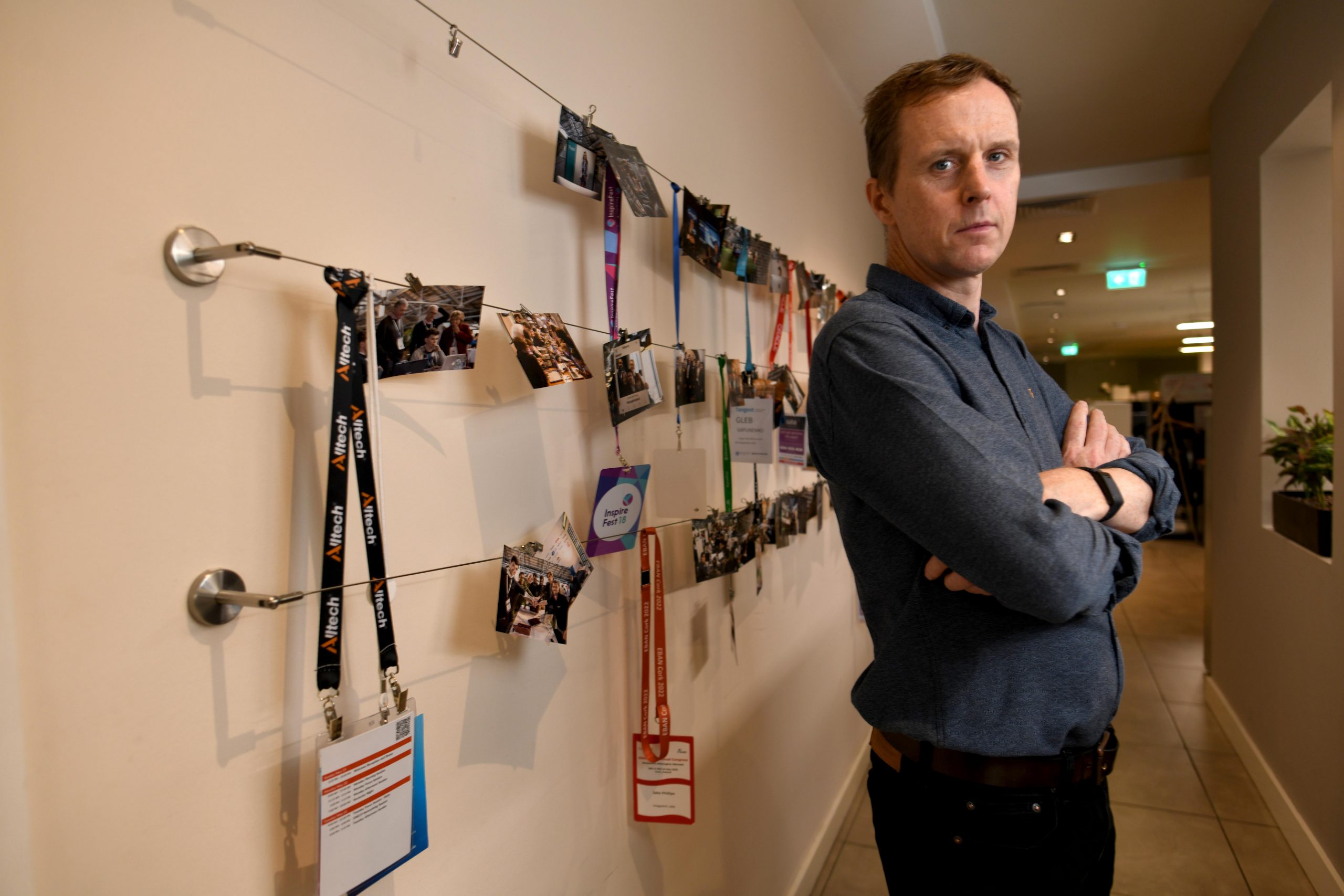In US technology circles, 2022 is starting to look a lot like 2000. The year the dot com bubble burst, billions of dollars in value was wiped out and tens of thousands of tech workers were laid off. Similarly to the late 1990s, the last decade has seen record amounts of cheap capital flow into tech start-ups and a general mania for tech stocks on the public markets, which peaked in November last year. Since then, sentiment has soured towards public tech stocks, cheap capital is no longer flowing, and high-profile firms like Netflix, Robinhood and Snap have laid off…
Cancel at any time. Are you already a member? Log in here.
Want to continue reading?
Introductory offer: Sign up today and pay €200 for an annual membership, a saving of €50.

